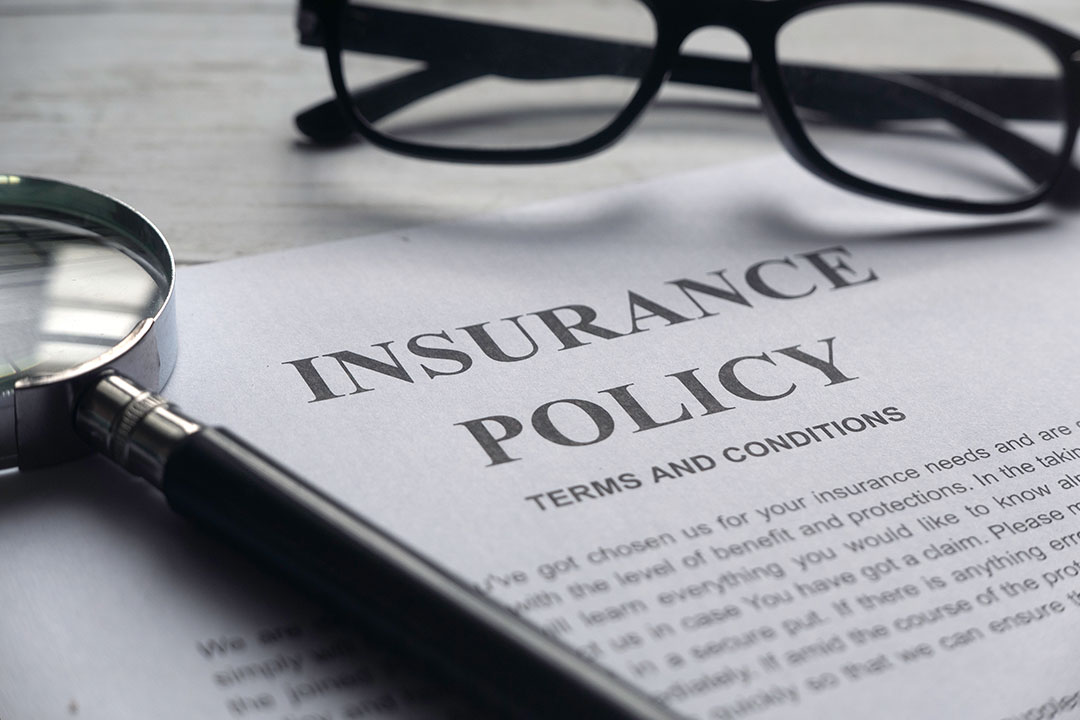People and businesses purchase liability insurance to protect them in the event they cause damage to another person or business. Liability policies are sold with specific policy limits. In a typical insurance contract, the higher the policy limits, the higher the premium to be paid to the insurance company. The policy limit is usually the most an insurance company will have to pay to the injured or damaged person or business. But what happens if there is a judgment for an amount above the insurance policy limits?
What Is An Excess Judgment?
An excess judgment occurs when the amount awarded in a legal judgment, whether by judge or jury, against an insured party exceeds the limits of their liability insurance policy. In other words, it’s the portion of the judgment that is beyond what the insurance policy covers. When a judgment exceeds an insurance policy’s limits, the insurance company typically pays up to the policy limit, and the policyholder is responsible for covering the remaining amount. This could result in the policyholder having to pay out of pocket or face legal action for the remaining balance.
How do I collect an excess judgment against the insurance policyholder?
It’s possible to collect an excess judgment against the policyholder if the judgment amount exceeds the insurance policy’s limits. In such cases, the injured party may pursue legal action directly against the policyholder to recover the remaining balance of the judgment. This could involve seizing assets, garnishing wages, or other legal means to satisfy the debt.
If you obtain an excess judgment against another person, meaning the judgment exceeds their insurance policy limits or their ability to pay, you have several options:
1. Negotiate: You can attempt to negotiate a settlement with the responsible party to try to reach an agreement on payment terms or a reduced amount that is acceptable to both parties.
2. Enforcement: You can pursue legal action to enforce the judgment, such as garnishing wages, placing liens on property, or seizing assets. This involves going through the legal system to collect the amount owed.
3. Seek Assistance: You may consider hiring a collections agency or legal counsel specializing in collections to assist you in recovering the excess judgment amount.
4. Monitor: Keep track of the responsible party’s financial situation and assets to assess whether there are any changes that could impact their ability to pay the judgment over time.
5. Stay Persistent: It may take time and effort to collect on an excess judgment, so staying persistent and proactive in your collection efforts is important.
Ultimately, the approach you take will depend on the specific circumstances of the case and the resources available to you.
Can I collect an excess judgment against the liability insurance company?
There can also be certain situations where a holder of an excess judgment can attempt to collect against the liability insurance company when a judgment exceeds the policy limits. These could include:
1. Bad faith claims: If the insurance company acted in bad faith in handling the claim, such as by failing to settle within the insurance policy limits when it had the opportunity to do so, the policyholder may have grounds to sue the insurance company for the excess judgment amount.
2. Breach of duty: If the insurance company breached its duty to act in the best interests of the policyholder, the policyholder may have legal grounds to pursue a claim against the insurance company for the excess judgment.
3. Regulatory action: Depending on the jurisdiction, regulatory authorities such as a State’s Department of Insurance, may investigate complaints against insurance companies for mishandling claims or acting in bad faith.
Most states allow the policyholder facing an excess judgment to assign claims for bad faith and breach of duty to the holder of the excess judgment. An assignment is often combined with an agreement not to execute or collect from the insured’s personal assets. A properly crafted assignment can potentially eliminate the policyholder’s personal exposure for any amounts over the insurance policy limits.
Do you believe there will be a judgment above insurance policy limits in your case?
It’s important to consult with legal counsel familiar with insurance law to determine the best course of action in such situations. At MHM, our lawyers have extensive experience in bad faith and insurance law. From situations of excess policy limits to insurance companies acting in bad faith, we are here to help you throughout all elements of your case. Contact our team today to get started building your case.
